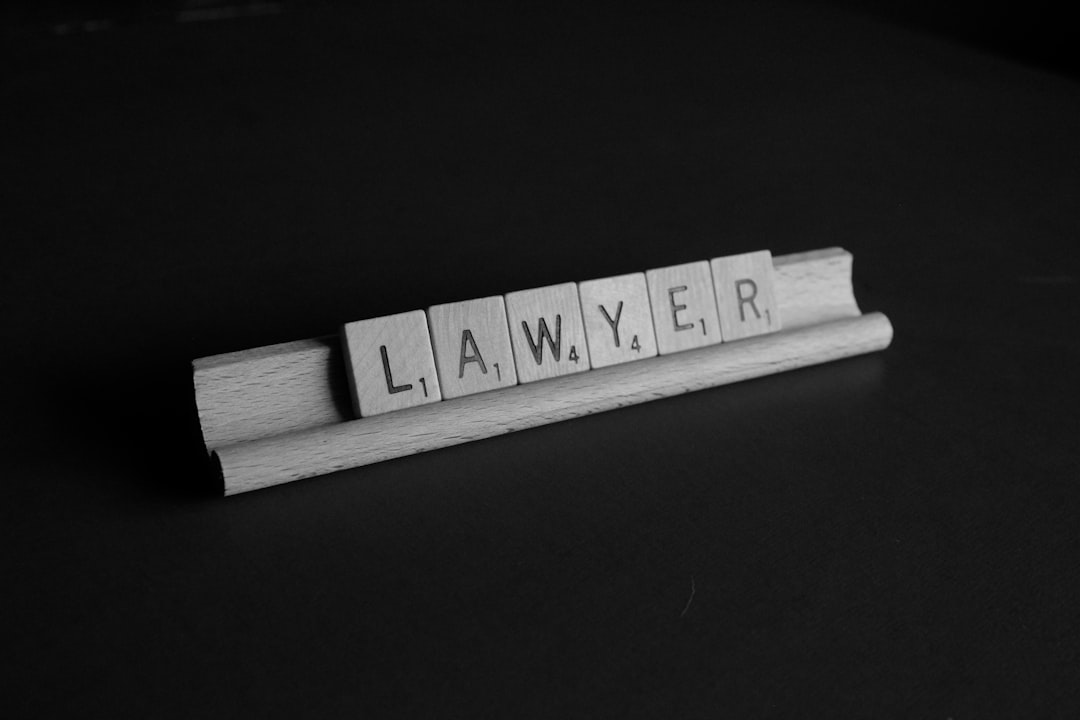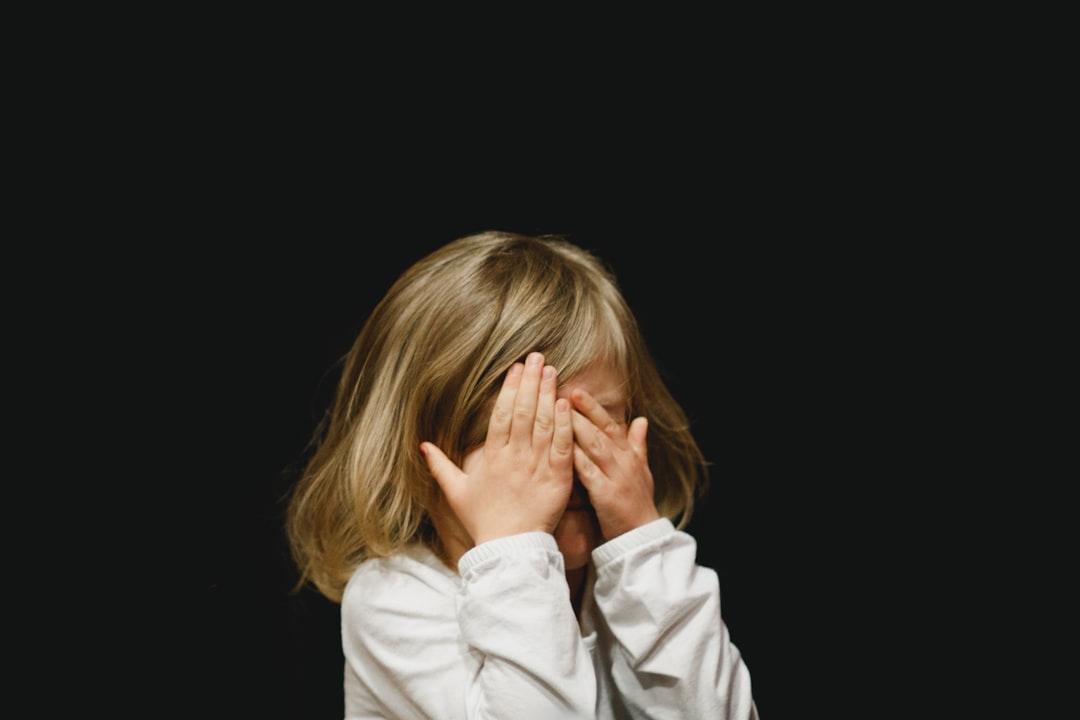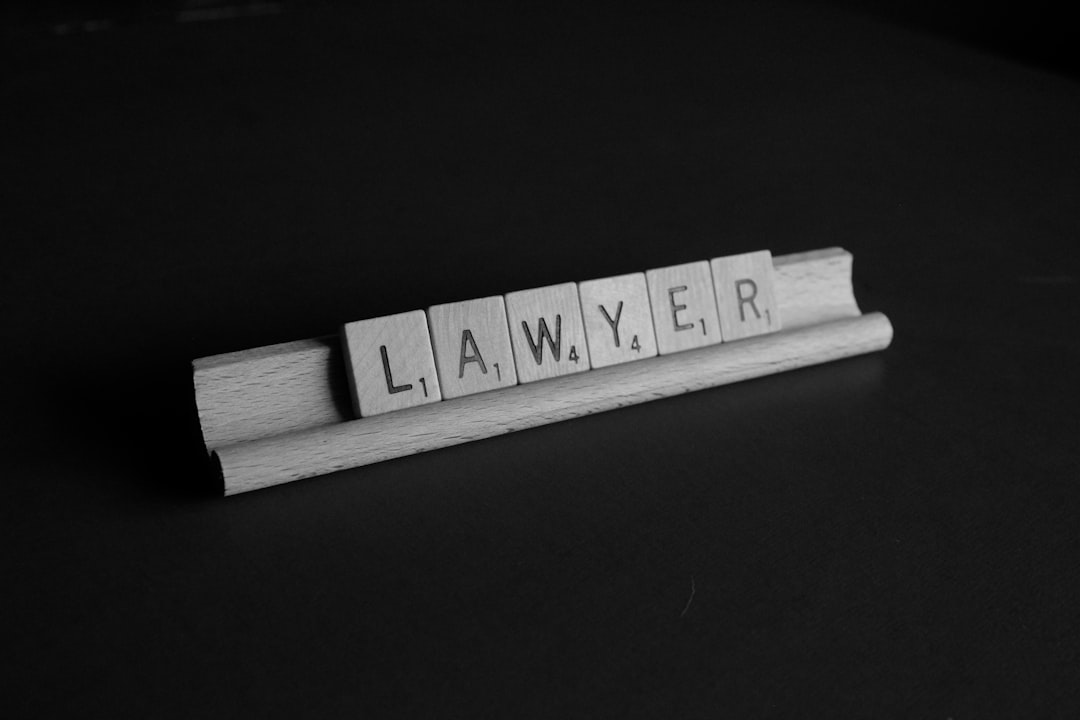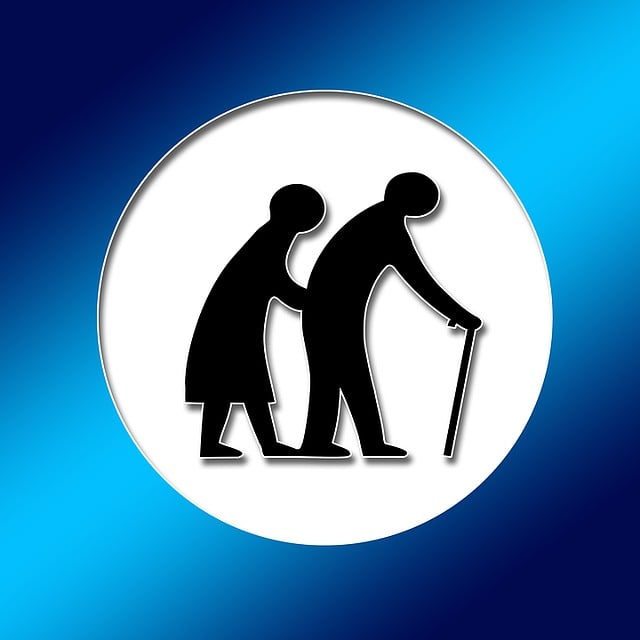Child abuse in Oregon is strictly regulated by law, with reporting obligations for various professionals and support for victims. Anyone suspecting child abuse or neglect should contact DHS or 911, leading to an investigation by Child Protection Services (CPS) and law enforcement. Accused individuals seek legal counsel from a skilled child abuse attorney in Oregon to navigate complex defenses based on state laws. Survivors find aid through non-profit organizations alongside dedicated attorneys working for justice and healing.
In Oregon, understanding child abuse laws is paramount to ensuring the safety and well-being of children. This comprehensive guide delves into the state’s legal framework, outlining key aspects such as defining child abuse, reporting obligations, and the roles of Child Protection Services and law enforcement. Additionally, it explores legal defenses for accused individuals and available support resources for survivors and affected families. For those seeking guidance from a child abuse attorney in Oregon, this article offers valuable insights into navigating these complex issues.
Defining Child Abuse in Oregon: Types and Legal Protections

Child abuse is any act or omission that causes harm, injury, or risk of serious physical or emotional damage to a minor. In Oregon, child abuse can take various forms, including physical, sexual, emotional, and neglectful abuse. The state has strict laws in place to protect children from these forms of maltreatment.
Legal protections for victims of child abuse are extensive. Oregon law requires reporting suspected cases of child abuse to the Department of Human Services (DHS) by certain individuals, such as healthcare providers, teachers, and social workers. A child abuse attorney in Oregon can help navigate the legal system and ensure that victims receive the support and justice they deserve. Protections include not only intervention and removal services for at-risk children but also criminal penalties for abusers, ranging from fines to imprisonment.
Reporting Child Abuse: Obligations and Processes

In Oregon, the safety and well-being of children are paramount, and this is reflected in its stringent child abuse laws. Anyone who suspects or has knowledge of child abuse or neglect is legally obligated to report it to the Department of Human Services (DHS). This includes individuals such as teachers, healthcare providers, law enforcement officers, and yes, even a child abuse attorney Oregon residents may consult. The process typically begins by contacting the local DHS office or 911 in cases of immediate danger. Those with information can also file a confidential report online through the DHS website.
Upon receiving a report, DHS conducts an investigation to determine if the allegations are valid. If abuse or neglect is substantiated, appropriate actions are taken to ensure the child’s protection and well-being. This may involve placing the child in foster care, providing services to the family, or taking legal action against the abuser, which is where a child abuse attorney Oregon can play a crucial role in guiding affected families through the complex legal system.
Roles of Child Protection Services and Law Enforcement
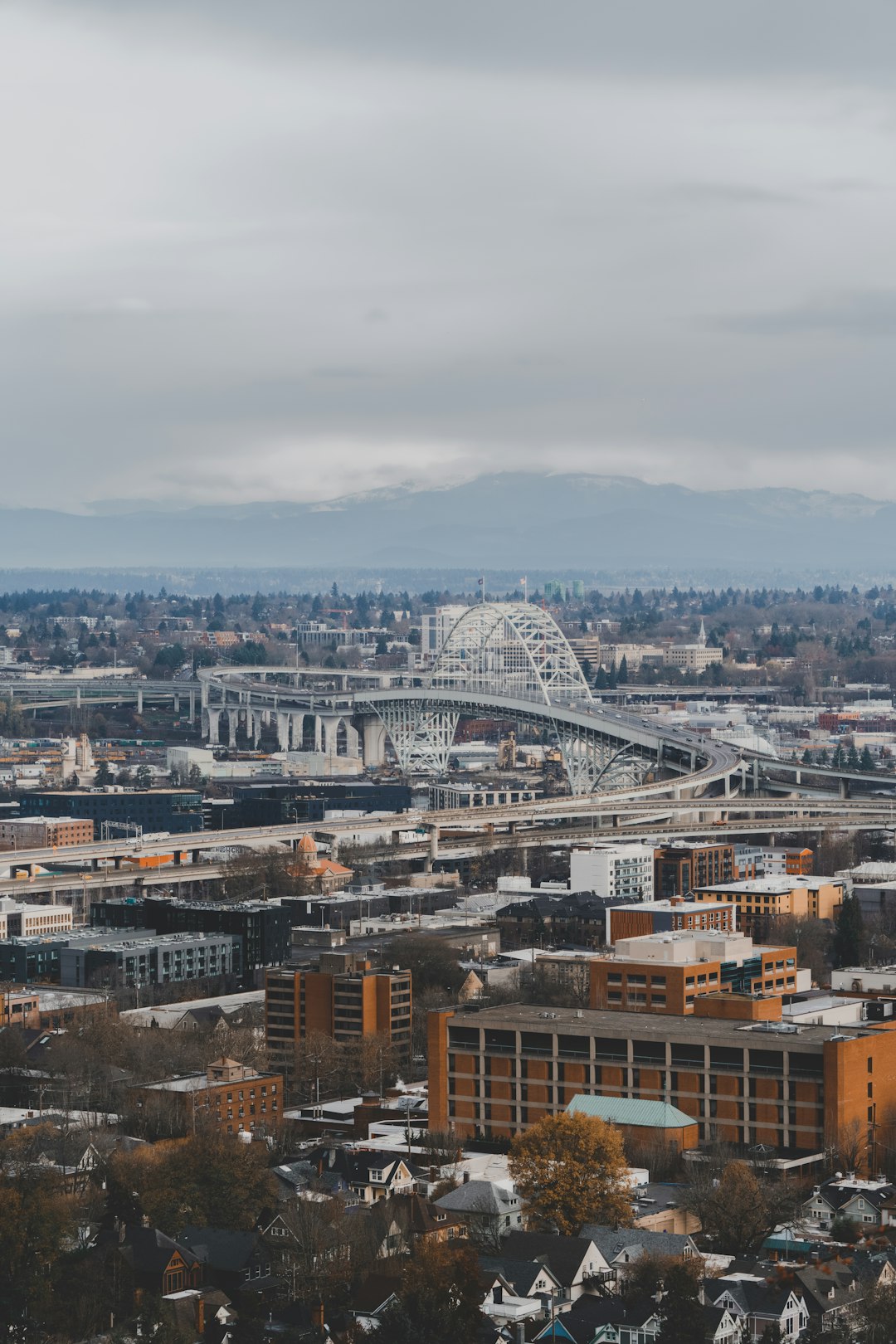
In Oregon, when child abuse is suspected or reported, a swift and coordinated response from Child Protection Services (CPS) and law enforcement is crucial. CPS plays a pivotal role in investigating reports of child abuse, neglect, or exploitation. They work to ensure the safety and well-being of children by conducting thorough assessments, gathering evidence, and determining the best course of action for the child’s protection. If necessary, they can remove a child from their home environment temporarily or permanently, depending on the severity of the situation.
Law enforcement agencies, including local police and sheriff’s departments, are responsible for receiving and documenting reports of child abuse. They conduct initial investigations, collect evidence, and interview witnesses to build a case against alleged abusers. Their role is essential in supporting CPS by providing legal guidance, enforcing protective orders, and ensuring that suspected criminals are held accountable through the courts. A child abuse attorney in Oregon can guide both victims and accused individuals through this complex process, advocating for just outcomes while also protecting the rights of all parties involved.
Legal Defenses and Strategies for Accused Individuals

When facing child abuse allegations in Oregon, accused individuals often seek legal counsel from a skilled child abuse attorney Oregon. These attorneys play a crucial role in navigating the complex legal system and protecting their clients’ rights. They employ various legal defenses and strategies tailored to Oregon’s specific laws and regulations.
One common approach is challenging the admissibility of evidence. This includes scrutinizing the methodology of investigations, questioning the reliability of witness testimonies, and raising concerns about procedural irregularities. Additionally, they may argue that the actions were not intentional or did not constitute abuse as defined by Oregon law. A child abuse attorney Oregon will also explore options for pretrial agreements, mediation, or alternative dispute resolution methods to mitigate potential consequences for their clients while ensuring the safety of the child involved.
Support Resources for Survivors and Families Affected by Child Abuse

For those affected by child abuse, seeking support and guidance is essential. In Oregon, various resources are available to help survivors and their families navigate the legal system and find healing. Many non-profit organizations offer counseling services, legal aid, and advocacy for victims of child abuse. These organizations provide a safe space for individuals and families to share their stories and receive emotional support.
A child abuse attorney in Oregon can be a valuable asset, offering legal expertise and representation to ensure justice. They can help survivors understand their rights, file reports, and pursue criminal or civil cases against perpetrators. With the right support, individuals can take steps towards healing and rebuilding their lives. Resources like these play a crucial role in creating a safer environment for children and holding abusers accountable.
